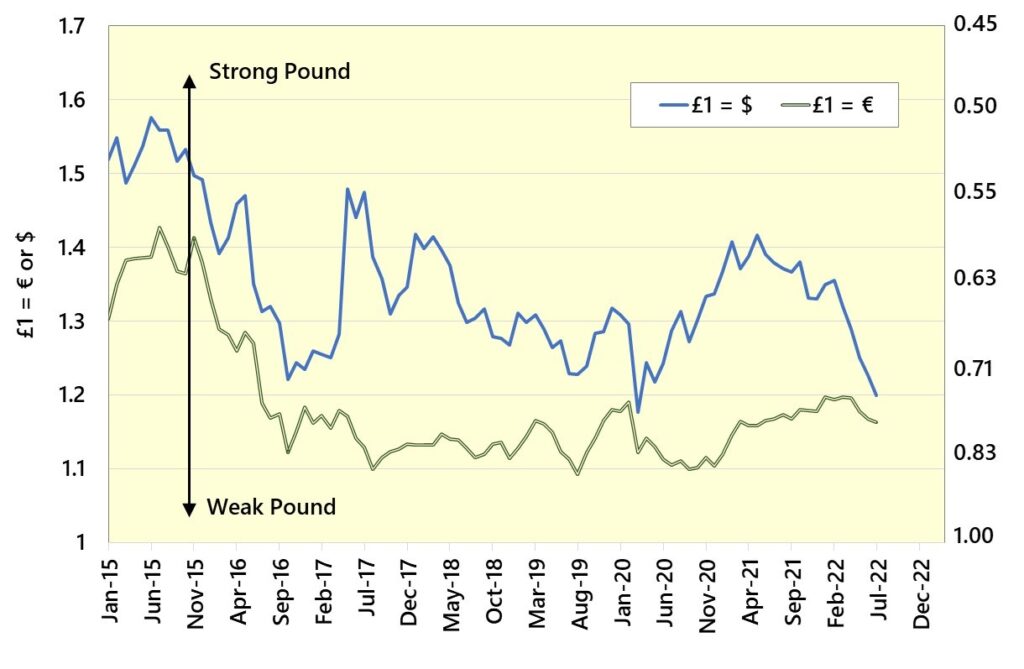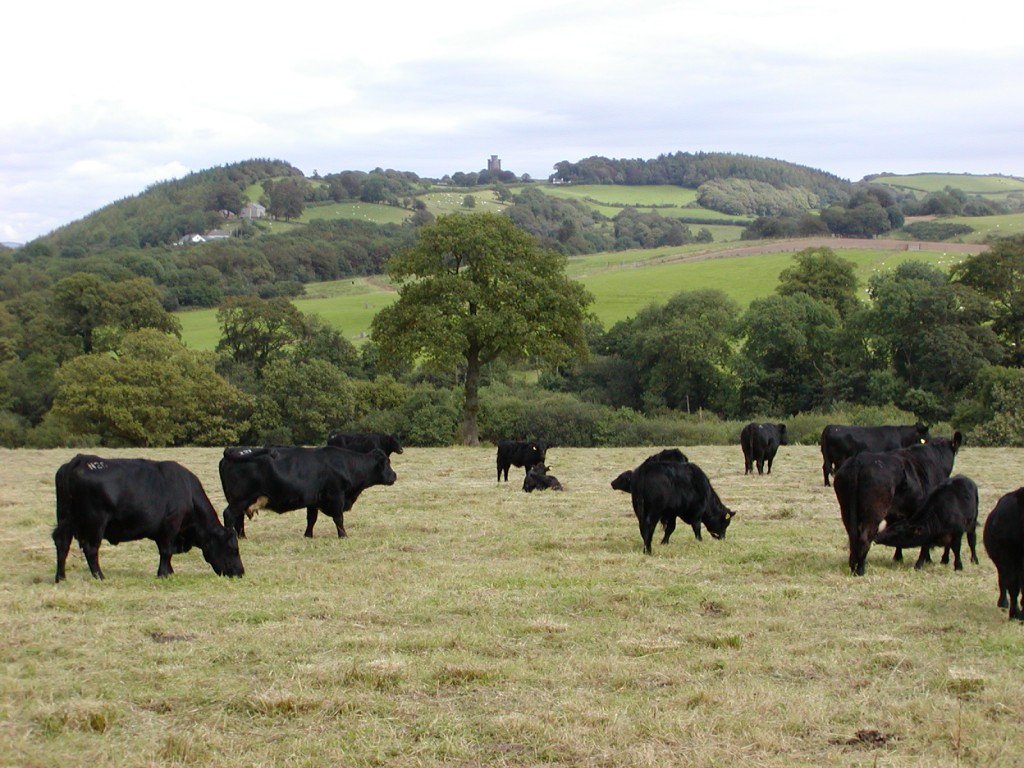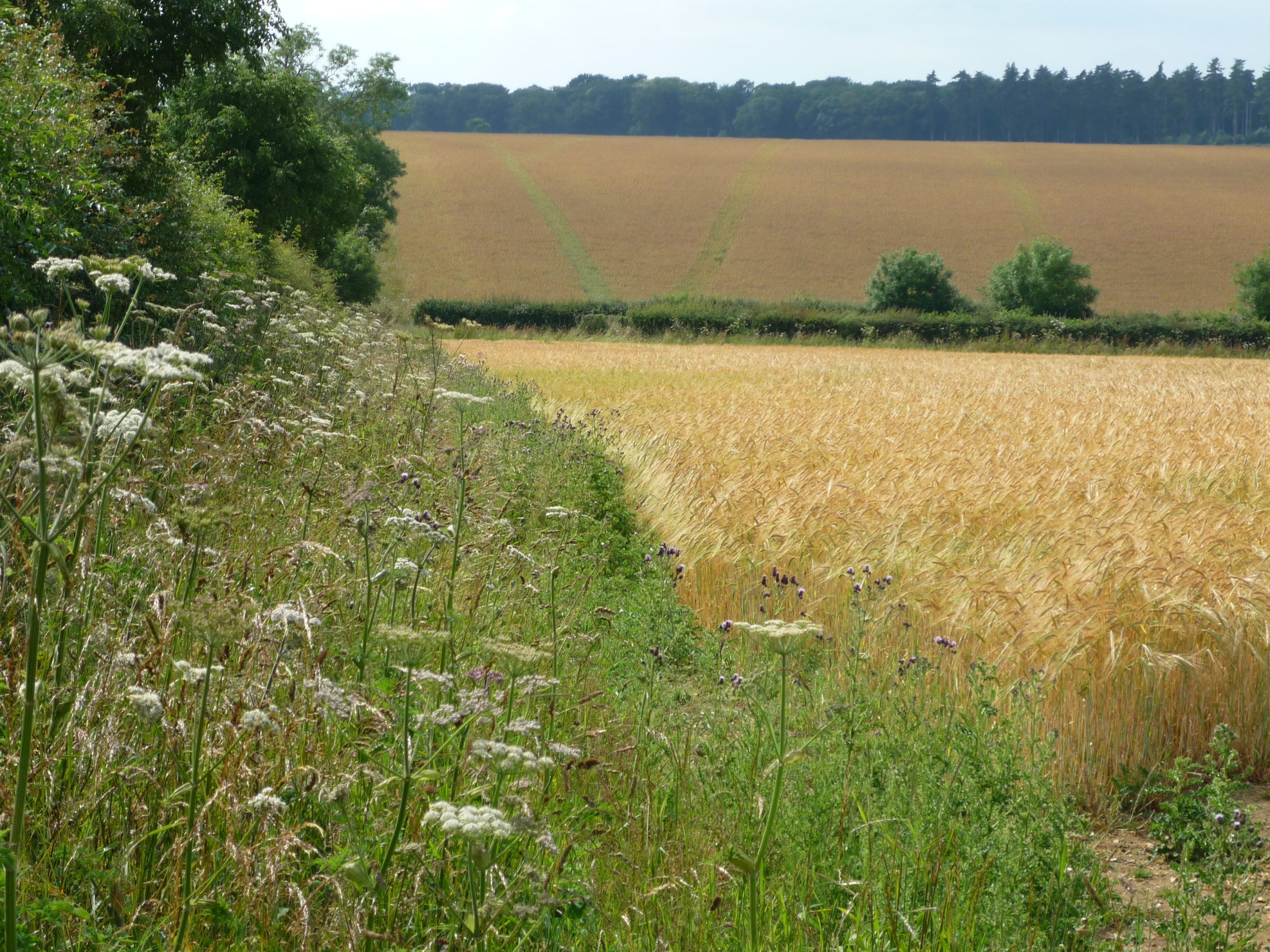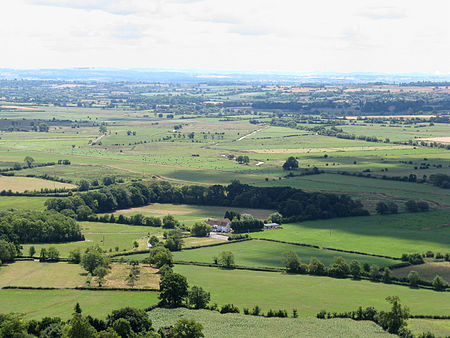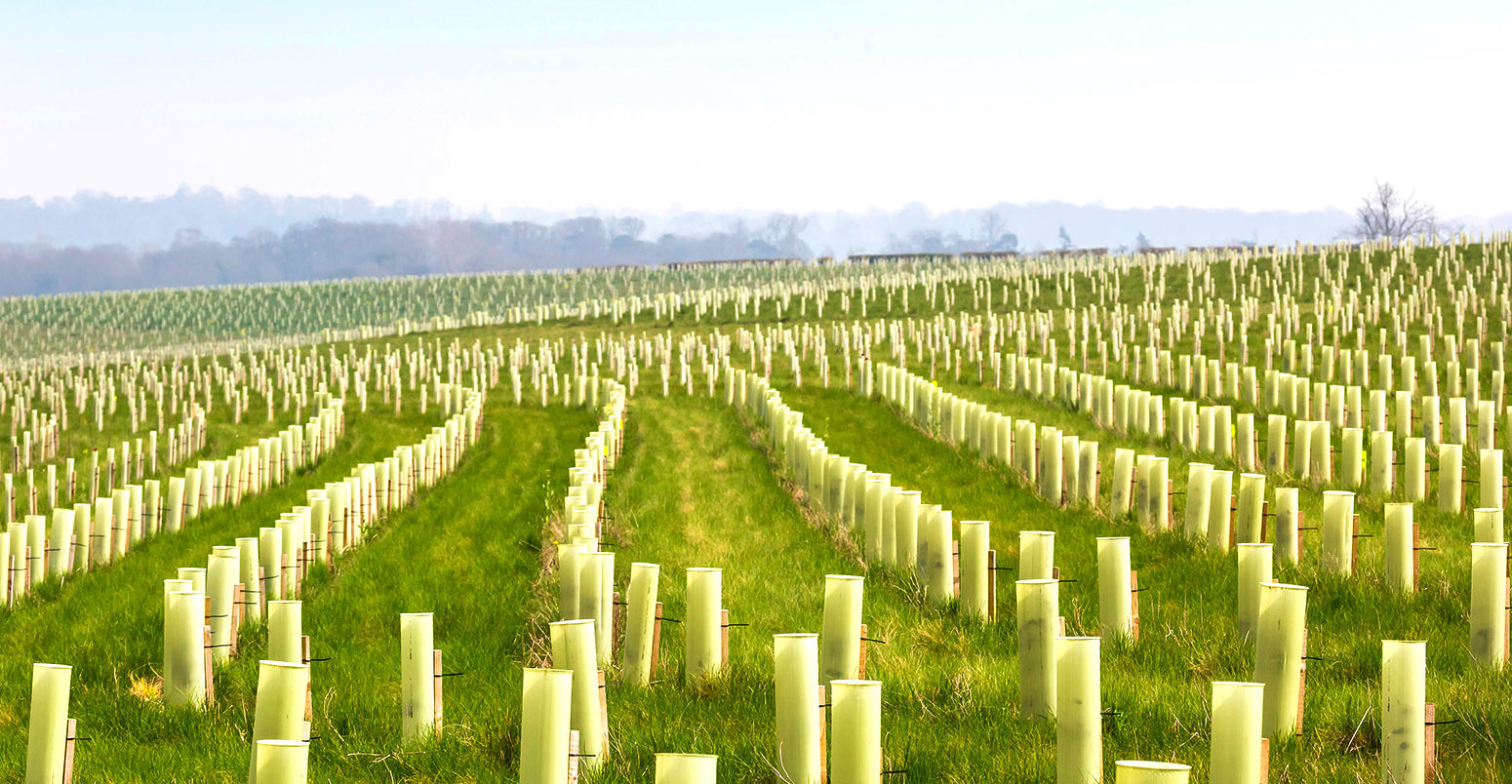The Welsh Government has outlined proposals for the new Sustainable Farming Scheme, which will replace the Basic Payment Scheme and will be the main source of future support for farmers in Wales. The Scheme will have actions under five themes or ‘characteristics’ to support farmers in a variety of ways to help them deliver a wide range of outcomes alongside sustainable food production. The five characteristics are;
- Resilient and productive
- Reduce, reuse and recycle inputs, nutrients and waste
- Reduce on farm emissions and maximise carbon sequestration
- Protect and enhance the farm ecosystem
- Benefit people, animals and places
The sustainable production of food and the actions to deliver environmental outcomes are seen as complementary and not competing agendas.
The Proposals
The new Sustainable Farming Scheme (SFS) will have three layers; Universal, Optional and Collaborative – each containing a set of ‘actions’. All Universal Actions have to be carried out by farmers who join the Scheme. A ‘baseline payment’ will be made to farmers for undertaking the ‘Universal Actions’. There will also be additional payments for those farmers who choose to undertake extra ‘Optional’ and ‘Collaborative Actions’.
Universal Actions – the aim is for these to be practices that most farmers will be able to undertake and that can be integrated into the current farming practice. Farmers will be expected to perform the Universal Actions to receive their baseline payment, these will include;
-
- Managing and enhancing (semi-natural) habitats across at least 10% of the farm, or creating new habitat features where existing habitat does not exist
- Having at least 10% tree cover on farm (in addition to the above) managed in line with UK Forestry Standard
- Managing new and existing hedgerows in line with the hedgerow management cycle
- Having a multi-species cover crop on all uncropped land over winter
- Restoring, managing or creating ponds or scrapes (temporary ponds)
- Ensuring biosecurity measures are in place to reduce the risk of spreading diseases and ensure farm boundaries are secure
- Completing an annual benchmarking self-assessment against a minimum of the sector and industry KPIs to improve business performance
- Carry out soil testing (N, P, K, Carbon and pH) at Scheme entry and in time for contract renewal including, biological measures (e.g. worm counting) and physical assessments (e.g. Visual Evaluation of Soil Structure)
- Completing an IPM assessment; collecting and record data on Plant Protection Products use
- Working closely with their vet through the Animal Health Improvement Cycle (AHIC) and reporting on farm antibiotic use
- Maintaining and enhancing the historic environment, beauty and heritage where identified on holdings
- Completing a level of learning, including Health and Safety.
The majority of compulsory elements of nutrient and livestock management are already completed by farm assured businesses so there will not be too much change in that respect. But for some it will be a lot of additional work and they will need support to comply. The need for 10% of land in woodland plus 10% of land in semi-natural production will be quite onerous for some.
- Optional Actions – farmers will be able to choose which actions they undertake, these will be targeted towards specific land or landscape feature issues; these will include
- Restore damaged peatlands through ditch blocking or re-establish vegetation
- Grow crops to reduce the amount of bought-in feed
- Establish new horticultural enterprises within existing farm businesses
- Support for innovation projects which trial new techniques and technologies
- Support for isolating incoming stock for 6 days and having a 3m wide fence and hedge farm boundary
- Actions which impact a farm’s nutrient use and soil condition e.g. nitrogen fixing plants, crops with varied rooting profiles, min or no till
- Use a graze-and-rest approach for 5 months of the year
- Establish/maintain a mixed sward of grasses, legumes and herbs
- Support for managing/creating woodland more than the 10% minimum coverage and for increasing the width of hedgerows on boundaries to 3m
- Managing or enhancing habitats above the 10% minimum
The above is not an exhaustive list. In the proposals, it is made clear that these are only proposals and that some of the actions may be changed based on feedback received through the second phase of co-design and additional features may also be included in the future.
- Collaborative Actions – these will be carried out in a coordinated way by multiple land managers at a landscape, catchment or national scale where they can deliver more than the sum of the individual parts; including
- Support for working with other farmers across catchments to improve water quality
- Support for innovation projects to help farmers work together to sell more directly to the consumer to add value
- Support for projects to restore and manage peatland shared by multiple farmers
- Collaborative support for producers who work together to promote genetic health from native breeds and come together to use native breeds to develop and maintain natural habitats and increase diversity.
- Creating interconnected habitats across landscapes
- Supporting projects which enhance the historic environment and designated landscape across multiple farms
Each farm business will need to complete a Sustainability Review before entering the scheme this is likely to include basic farm and land information – the proposals say this will be similar to the Single Application Form, a Carbon Assessment and Habitat Baseline Review – the hope is for farmers to be able to use tools already available to minimise the burden and that this can be completed on-line. Contracts will be up to five years in length. No indication of payment rates have been given yet, these will be be informed by Government modelling and economic analysis which is still underway.
Under the proposals, there will be an advisory service together with farmer-to-farmer knowledge sharing to help producers carry out the actions. This will be provided through a new Farming Connect programme, including a ‘redesigned’ advisory service. Farming Connect will also include a Continuing Professional Development (CPD) Programme.
Timetable
Between now and 2024 the Welsh Government will support farmers through a ‘Prepare and Pilot’ phase. As part of the ‘preparing farmers’, the Welsh Government would like to receive views and thoughts on the scheme and has launched the second phase of co-design so that farmers can give their feedback – see our article of 2oth June https://abcbooks.co.uk/sustainable-farming-scheme-wales/ Piloting will also take place over this period. Furthermore it has been confirmed that there will be a transition period so that the SFS will not be introduced overnight. The Welsh Government has confirmed, the proposals include a transition period commencing on 1st April 2025 and ending on 31st March 2029, this will mean that there is no ‘cliff edge’ in funding if farmers choose not to participate in the new SFS, with a ‘stability payment’ available during these years.
The Government is currently engaging with the sector during the next phase of co-design and a decision on the final scheme will not be made until further consultation on the detailed proposals and the economic analysis has been presented in 2023. Full details can be found at – https://gov.wales/sustainable-farming-scheme-outline-proposals-2025
